Proposal for a Regional Management Model for the decentralized implementation of the National Rural Development Policy (ODEPA)
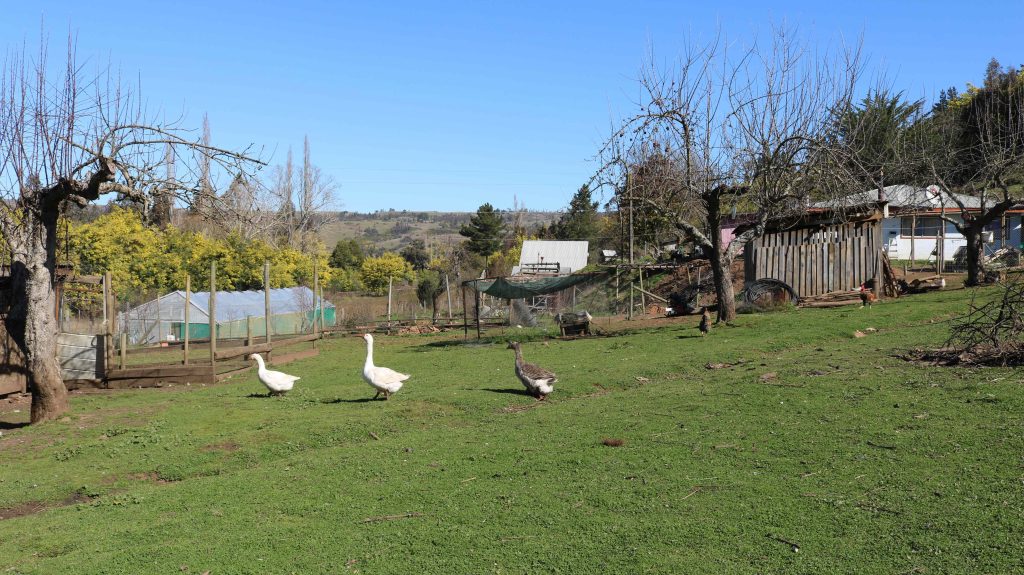
The study seeks to investigate the PNDR management models through the review of planning instruments, analysis of regional governance spaces, the development of a management model and its participatory validation. The aim is to analyze planning, investment and territorial governance in the light of the PNDR.
Design of a methodology to classify and recognize the differentiations of INDAP users
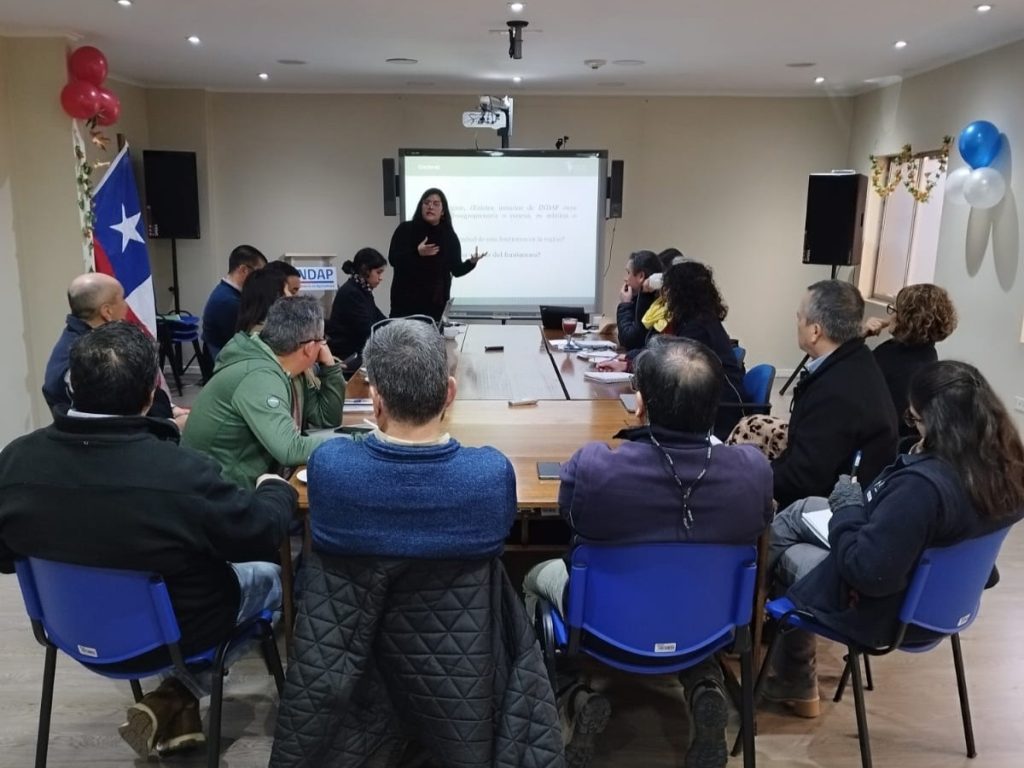
The purpose of this consultancy is to develop a robust yet simple to apply method for stratifying INDAP users, aimed at identifying and classifying users based on their differences and specific needs.
Consultancy for the +Forests Project, FAO – CONAF

The project seeks to develop a detailed economic analysis that incorporates both the financial profitability and opportunity costs perceived by the beneficiaries of the National Strategy for Climate Change and Vegetation Resources (ENCCRV) led by the National Forestry Corporation ( CONAF) and its +Forests Project, an initiative that has the technical support of the Food and Agriculture Organization of the United Nations, FAO, and the financing of the Green Climate Fund.
Training program: Leadership and community promotion
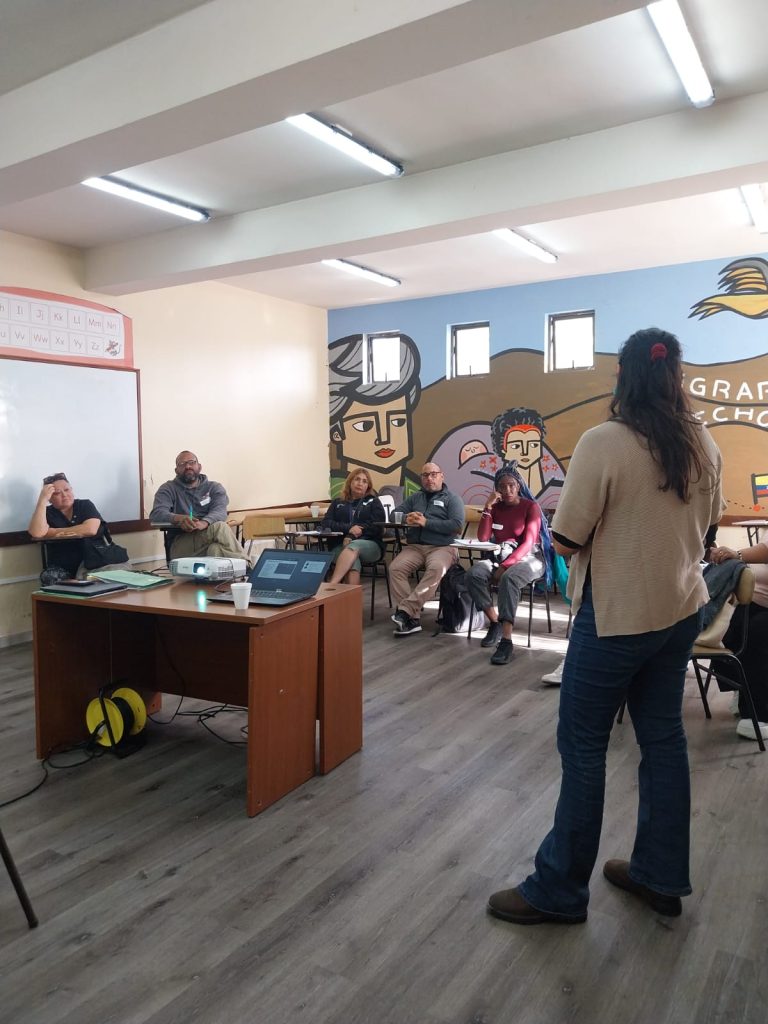
Design and development of a training plan for community leaders in the city of Arica, with the objective of strengthening their leadership capacities and territorial incidence from the rescue of local trust links and community participation.
Formulation of the Extreme Zones Development Plan for Rapa Nui
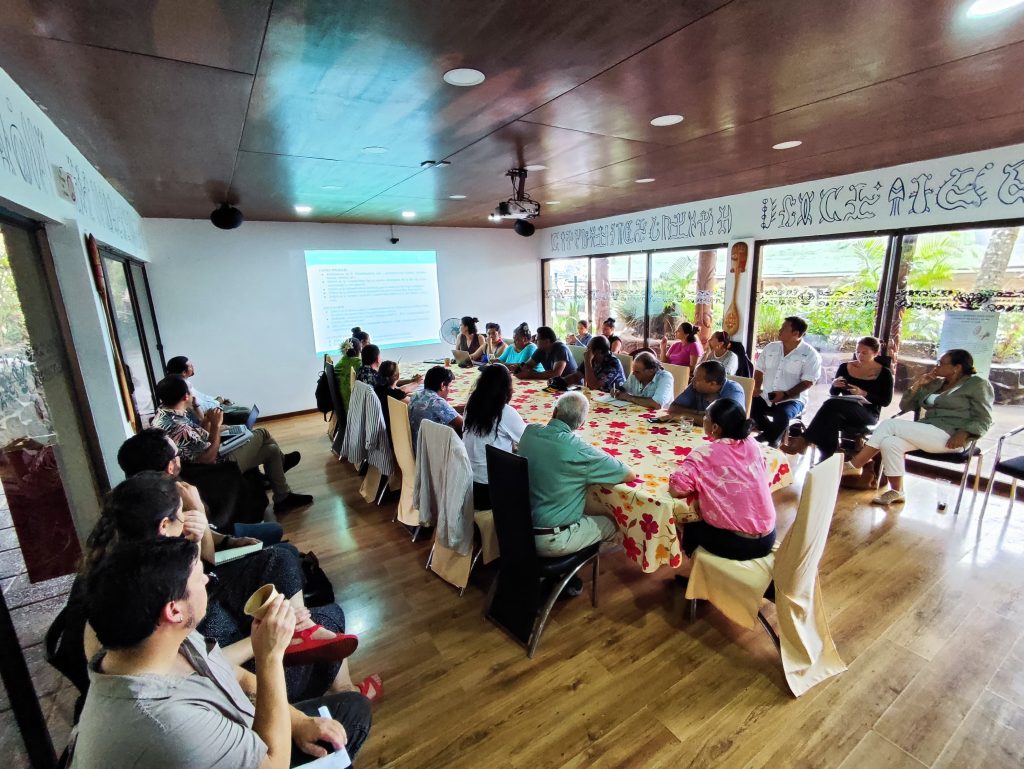
The objective of this project is to provide technical, logistical and methodological support to the Regional Government of Valparaiso in the elaboration of the Extreme Zones Development Plan (PDZE) for Rapa Nui (Chile) and its respective Investment Portfolio. The project is financed by the Undersecretary of Regional Development (SUBDERE).
Evaluation of Results of the Rural Women Programme INDAP – PRODEMU
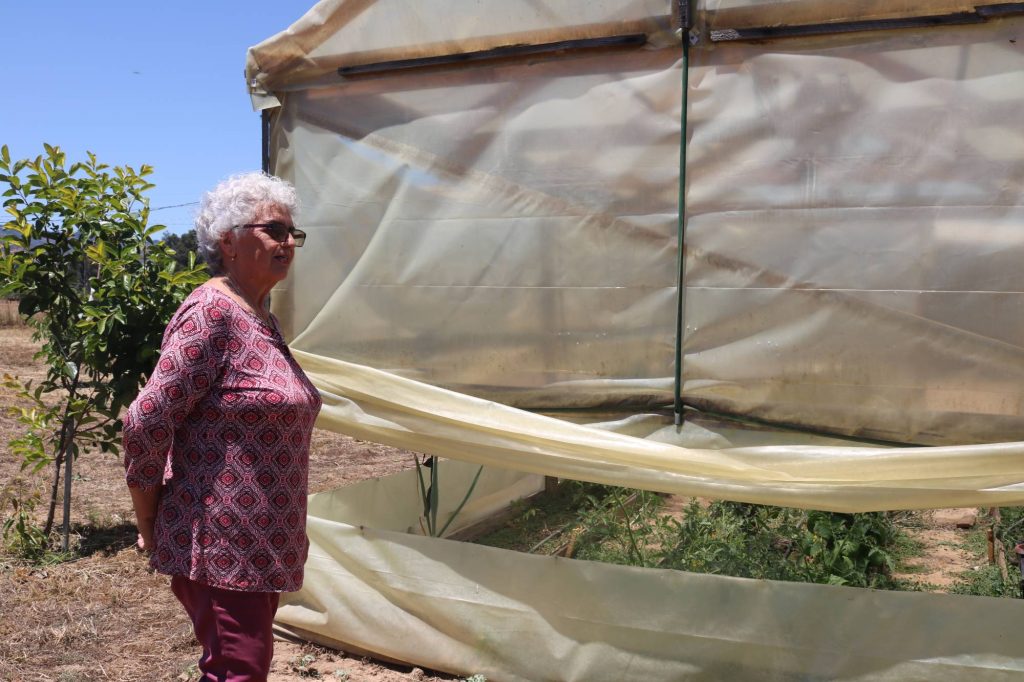
The objective of this project was to evaluate the results of the implementation of the Rural Women Programme of INDAP – PRODEMU, cohort 2022-2024, from a gender perspective.
Inclusive Rural Development DRI Algo Nuevo in Cauca: Strategic Planning of the third phase of the Programme implemented by Mercy Corps
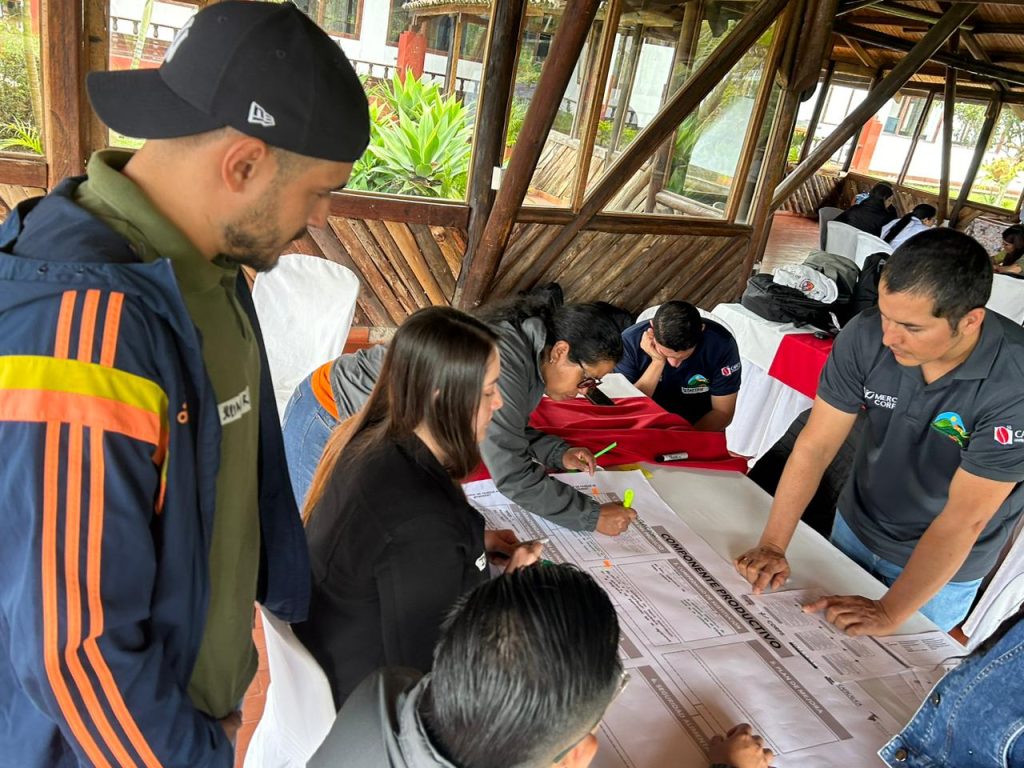
The programme complements two of the key components of the 2016 Peace Accords, especially on issues of access to and use of land in the comprehensive rural reform and the substitution of illicit crops in the framework of the comprehensive solution to the drug problem.
Inclusive Rural Development DRI Algo Nuevo in Cauca: Systematisation of the second phase of the Programme implemented by Mercy Corps
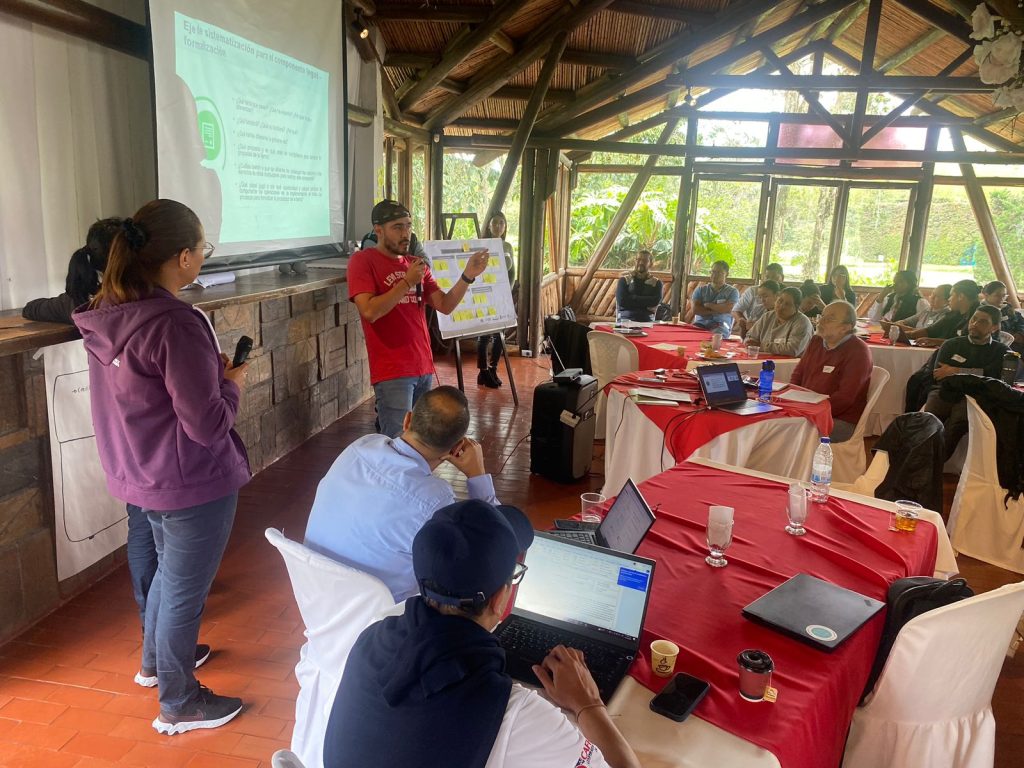
The programme seeks to promote licit livelihoods, expand rural property rights and invigorate the economy in rural areas of the department of Cauca.
Elaboration of a methodological guide for national application for the acceleration of PDET in harmonisation with territorial planning instruments
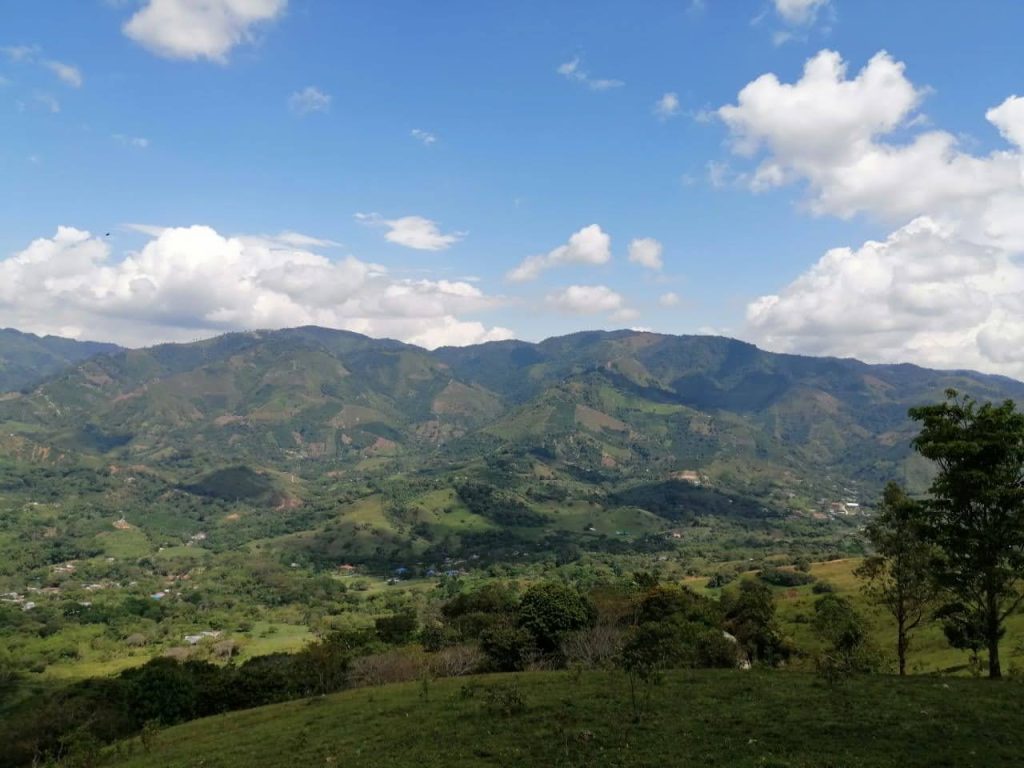
In the framework of the implementation of the Development Programmes with a Territorial Approach (PDET), the challenges associated with territorial planning are positioned as a strategic priority to advance peacebuilding and the closing of socio-economic gaps in the territories most affected by the armed conflict.
Transforming Food Systems: Perspectives from Peoples and Nations of the Americas

The initiative, part of the activities carried out by the Networks for Agri-Food Transformation project and supported financially by Canada’s IDRC, aims to establish a set of lessons learned and strategies to promote more sustainable, inclusive, and resilient agri-food systems in Latin America. Additionally, it seeks to foster South-South learning to inform similar processes in Africa and Asia, drawing from the region’s experiences and lessons learned. The project’s specific objectives include mapping initiatives, gathering evidence, and identifying key actors related to agroecology in the region, as well as recommending research topics and pinpointing entry points to advance a research agenda in this field.